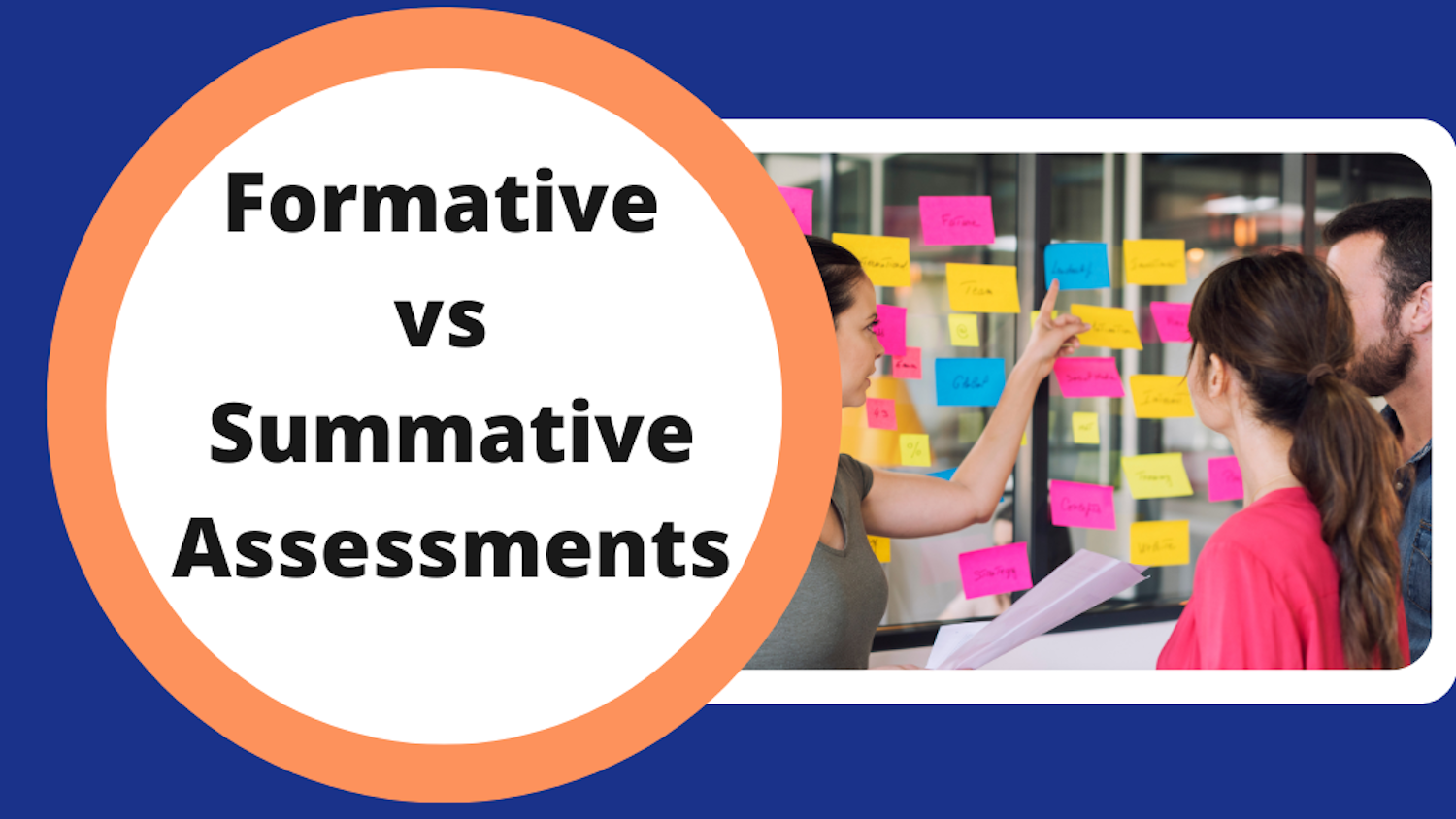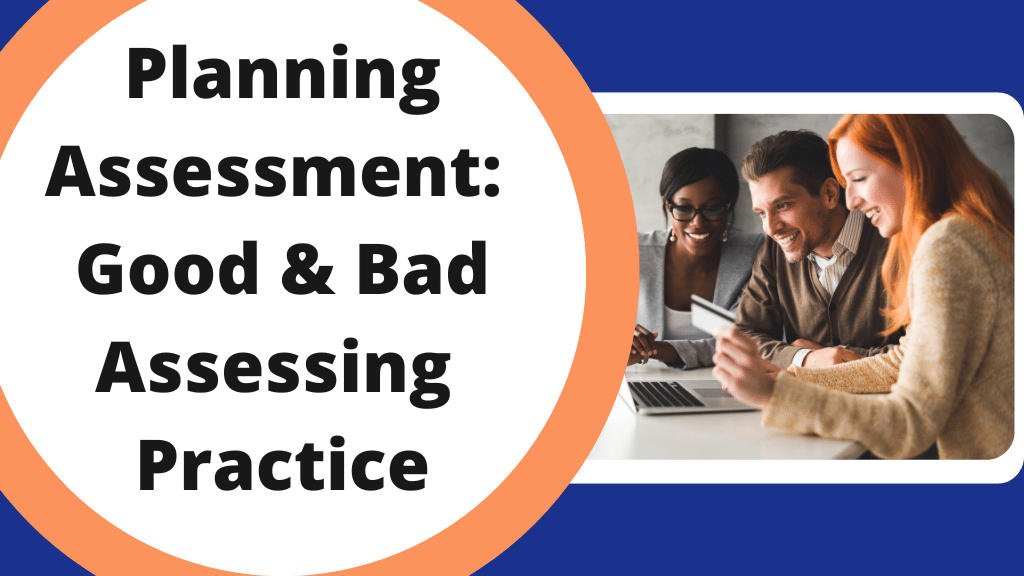February 10, 2023
EQA Visits: What to Expect

If you’re working at an organisation offering any sort of accredited qualifications, you are bound to experience an EQA visit at some point.
Whether you are an IQA, a teacher or an assessor, you have likely heard people talking about EQA visits, often with a sense of fear. People discuss these visits as if they’re going to be grilled, interrogated and somehow get in trouble, with the EQA themselves taking the role of chief inquisitor!
Centres offering regulated qualifications often dread EQA visits in the same way that schools dread an OFSTED inspection. They think of them as something “imposed from above”, which they have no control over.
However, much of this fear of EQA visits is due to ignorance or having the wrong impression of what an EQA role involves.
An EQA is there to help your centre meet the requirements laid out by your Awarding Organisation. This means they are in a supportive role and there to guide, help and advise you.
After all, your centre is a customer of the Awarding Organisation, so it’s in their best interest to look after you.
Learning more about the importance of external quality assurance can help to dispel these feelings.
What is an EQA visit?
EQA visits are made by an EQA or External Quality Assurer. EQAs work for Awarding Organisations to ensure that qualifications are properly issued and that candidates are assessed rigorously but fairly.
During the EQA visit, they will also check that your organisation has an IQA (Internal Quality Assurer) and that they are carrying out their internal processes properly.
Before your EQA visit, you should expect the EQA to be in touch with your centre, usually via the IQA, to plan and organise what they will be doing during their visit.
They should provide you with a breakdown of what they need, such as access to facilities, staff and candidates, and the timetable for their activities. This is your chance to impress!
Make sure you fully understand what your EQA wants during their visit so that you can get things ready for them in advance.
EQAs often refer to things like CAMERA, VARCS, LOs and CPD. Don’t be afraid to ask questions and clarify exactly what they want, especially if you see the odd acronym you can’t decipher. There is no such thing as a silly question, and you will find that your EQA will welcome questions to help the centre prepare for their visit.
What to expect from an EQA Visit
If you’re wondering what to expect on the day of your EQA visit, here’s a breakdown of the different areas of your centre’s practices the EQA will observe during their visit.
Work Reviews
One of the main checks during an EQA visit is the sampling of candidate portfolios.
The EQA will look at the coursework submitted by candidates and compare it to the decisions made by your centre’s assessors. This ensures that candidates receive the correct result, whether it’s a pass for meeting standards or a referral for additional support.
As part of this check, they will also need to see all the assessors’ records and feedback.
Achieving this could be as simple as arranging for the EQA to have a login to your online Learner Management System (LMS). Alternatively, you might need to gather these items together physically. Either way, it’s important that you have these things to hand for your EQA visit.
“The external quality assurance sampling visit incorporated different qualifications, units and assessors confirming that the centre had applied a robust and effective assessment strategy.”
Assessor Interviews
Another important aspect of the EQA visit is assessor interviews.
The EQA will want to speak with assessors to verify their skills and competence, ensuring they carry out their roles fairly and to the best of their abilities.
This sounds worse than it is, usually, it is just a simple discussion about the assessor’s work. Ensure that your assessors know this and aren’t surprised when the EQA turns up!
“The IQAs had provided clear developmental feedback to the assessors and the IQA sampling reports were very comprehensive.”
Candidate Interviews
Candidates are often interviewed during the EQA visit, although the interviews are often less formal than your assessor interviews.
The EQA will speak with candidates to discuss the course, assessments, and progression. This helps to provide a comprehensive overview of the training centre’s processes and procedures, as well as find out about the learners’ journey.
As with assessors, it’s important to brief the candidates and make sure they understand that it’s not them who are being checked but the centre and staff.
“The learner further explained that there had been significant learning from him attending the course particularly now that he had a clearer understanding of the different learning styles.”
EQA Feedback
Once all of this has been completed, the EQA usually provides initial feedback directly to the Assessors and your IQA. This is to brief them on what they have concluded, point out good practices where found and advise on any improvements needed.
After that, you can breathe a sigh of relief and realise that the whole process was much less painful than you thought it would be!
After Your EQA Visit
Following your EQA visit, expect to receive a detailed report compiled by the EQA. You normally receive this directly from the Awarding Organisation a few days after the visit has concluded.
This report will contain the full details of all assessments carried out at your centre, including any action points required for the centre to improve, as well as the overall rating assigned to your centre.
This document can serve as your guide to what is working well in your centre and what may need improvements.
As you can see, the whole EQA visit process is more straightforward and less taxing than many people think! After you’ve experienced a couple of visits from an EQA, you will see that they are a routine part of the education and training world and a positive, not a negative!
Next ›‹ Previous
Back to Blog








